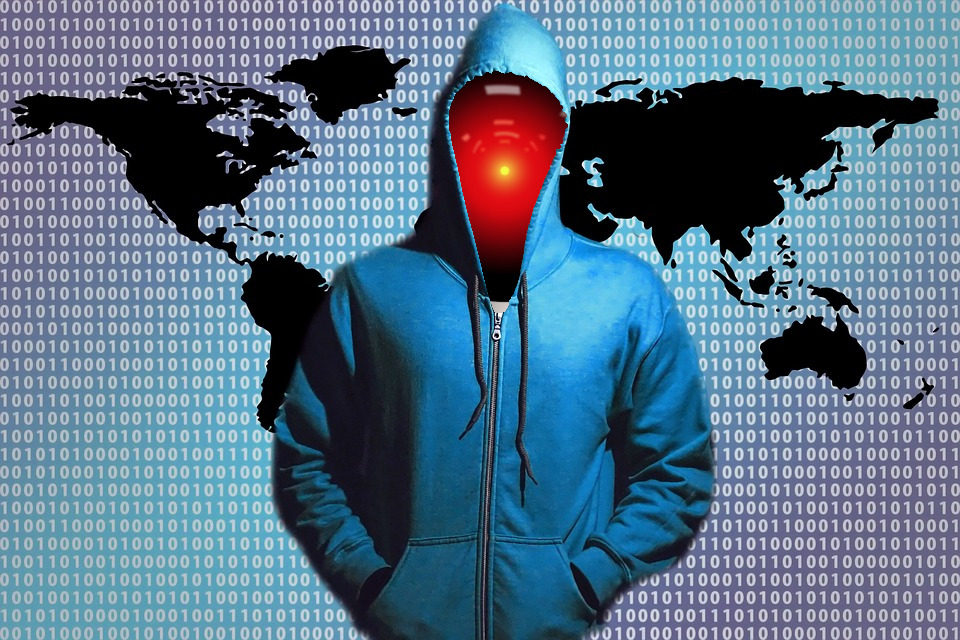
For avoidance of doubt, this is a steaming pile of BS.
1/
1/
https://twitter.com/robleathern/status/1320164752870510592
Here's the context. Ad Observatory is a tool that helps FB users scrape and store the ads that get shown to them. These ads are pooled by academics in a repository that is used to analyze Facebook's failure to enforce its own policies about paid disinformation campaigns.
2/
2/
FB has threatened to sue a university for maintaining this tool. They claim that they are required to do this by the FTC and as a means of protecting their users' privacy.
3/
https://twitter.com/doctorow/status/1320130598074105856
3/
What the FTC ACTUALLY ordered FB to do was crack down on political disinformation. The academics that this global multibillion dollar enterprise is threatening have documented, in eye-watering detail, how badly FB is failing to live up to its legal obligations.
4/
4/
(I strongly doubt that FB would be expending legal blood and treasure to shut down this project if all that it demonstrated was the company's outstanding compliance with FTC orders and its own policies)
5/
5/
Most galling, though, is FB's insistence that this protects its users' privacy. That is a grotesque zuckerbergian distortion of what privacy means. Privacy isn't "no one knows about me."
That is SECRECY, not PRIVACY.
6/
That is SECRECY, not PRIVACY.
6/
Privacy is "I get to decide who knows what about me."
If FB users want to choose to let the world know that they are being targeted by paid political disinformation campaigns that leverage FB's ad platform, there is no privacy interest in preventing that.
7/
If FB users want to choose to let the world know that they are being targeted by paid political disinformation campaigns that leverage FB's ad platform, there is no privacy interest in preventing that.
7/
Please, don't take my word for it! Read this fantastic explainer on privacy, which contains this genuinely excellent summary: "What you share and who you share it with should be your decision."
That definition comes from our friends at (checks notes)...
8/
That definition comes from our friends at (checks notes)...
8/
• • •
Missing some Tweet in this thread? You can try to
force a refresh






